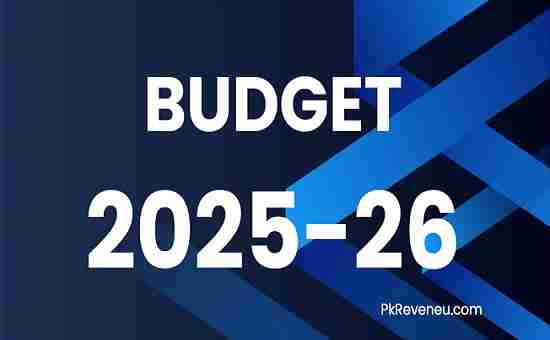Karachi, February 24, 2025 – The Federation of Pakistan Chambers of Commerce and Industry (FPCCI) has put forward a proposal urging the government to eliminate the advance tax levied on the first purchase of property.
This recommendation is part of FPCCI’s broader set of budget proposals for the fiscal year 2025-26, aimed at fostering economic growth and boosting investment in the real estate sector.
Currently, under the existing tax framework, individuals registered as filers are required to pay an advance tax of 3% on the purchase of property. The FPCCI has raised concerns over this tax, stating that it constitutes double taxation, as the income used to acquire the property has already been subjected to taxation. The federation emphasized that this additional financial burden discourages investment in real estate and negatively impacts market activity.
The FPCCI has proposed that the advance tax on the first property purchase by a filer should be significantly reduced to 0.5%. Furthermore, it has recommended a complete exemption for salaried individuals, arguing that this segment of taxpayers already contributes significantly to the national exchequer through payroll deductions and should not be further burdened.
In addition to advocating for the reduction of advance tax, the FPCCI has also called for the abolition of Section 7E of the Income Tax Ordinance, 2001. This section, which imposes a deemed income tax on capital assets, has been criticized for discouraging investment in immovable property within Pakistan. The FPCCI believes that removing Section 7E would help eliminate the issue of double taxation and create a more favorable environment for property buyers and investors.
The FPCCI further argued that abolishing Section 7E would not only encourage greater investment in the real estate sector but also enhance housing affordability for middle-class and salaried individuals. By removing unnecessary tax burdens, the real estate industry could experience increased formalization, leading to improved documentation and transparency in property transactions.
According to the FPCCI, such tax reforms would stimulate economic growth by encouraging domestic and foreign investment in Pakistan’s property market. The federation has urged the government to seriously consider these recommendations while formulating the upcoming federal budget, stressing that a robust real estate sector is crucial for overall economic stability and development.
